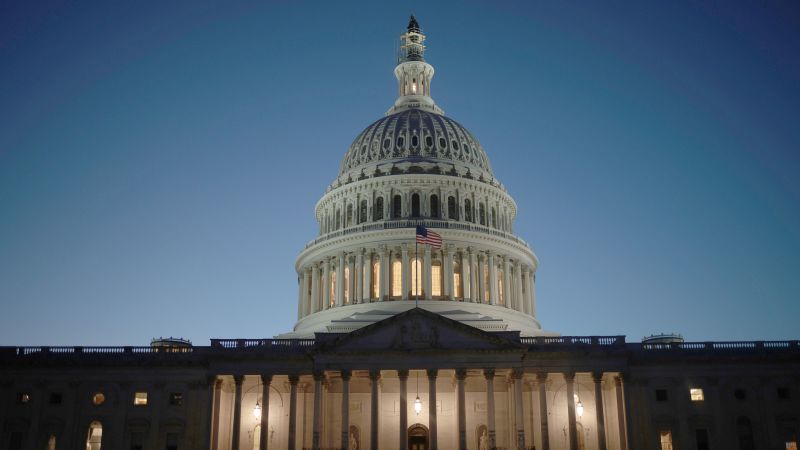The intelligence community surveillance tool under Section 702 of the Foreign Intelligence Surveillance Act is at risk of lapsing unless senators can come to an agreement to pass a bill renewing the program for two years. Senate critics have various complaints about the program, particularly regarding access to data from foreigners without a warrant, even when they are interacting with Americans. Senate Republican Whip John Thune emphasized the need for cooperation to meet the deadline and possibly include an amendment requiring warrants for spying on Americans.
If the Senate fails to reach a time and amendment agreement, it could take until Sunday to process the bill, resulting in a lapse in the programs. One conservative senator, Tommy Tuberville, expressed optimism that Democrats will give in to Republican demands for amendments, allowing the bill to pass on time to avoid any interruptions. However, Democratic Senator Dick Durbin suggested that the intelligence community could continue eavesdropping for a year or longer even after the program lapses, a claim disputed by top Republicans who stressed the importance of maintaining the authority.
Republican senators are pushing for FISA amendment votes and expressing frustration over Democrats potentially short-circuiting the impeachment trial of DHS Secretary Alejandro Mayorkas. Republican Senator Mike Lee is causing delays with procedural votes, causing concerns about the potential lapse of the FISA program. Democrats like Durbin are wary of Lee’s actions impacting the renewal of the surveillance program. In the past, a lapse in Section 702 authority led providers like Google and AT&T to stop giving material to the government, posing a risk to current operations.
The potential lapse in the Section 702 surveillance program raises concerns about the interruption of critical intelligence operations. Despite disagreements between Senate Republicans and Democrats over amendments and procedural matters, there is a shared understanding of the importance of maintaining the authority and preventing any lapses in the surveillance programs. While negotiations continue to determine the fate of the bill renewing the program, the need for bipartisan cooperation and swift resolution remains crucial to avoid any disruptions in intelligence gathering and national security efforts.


